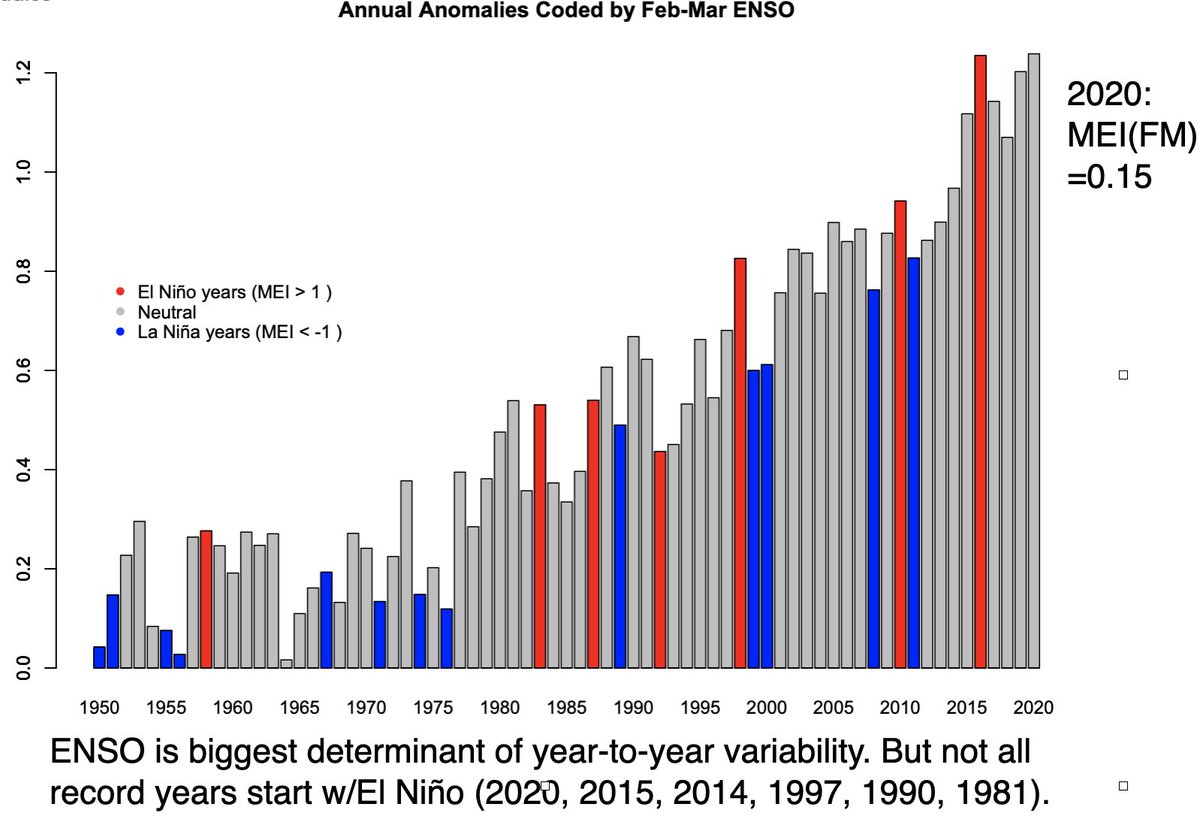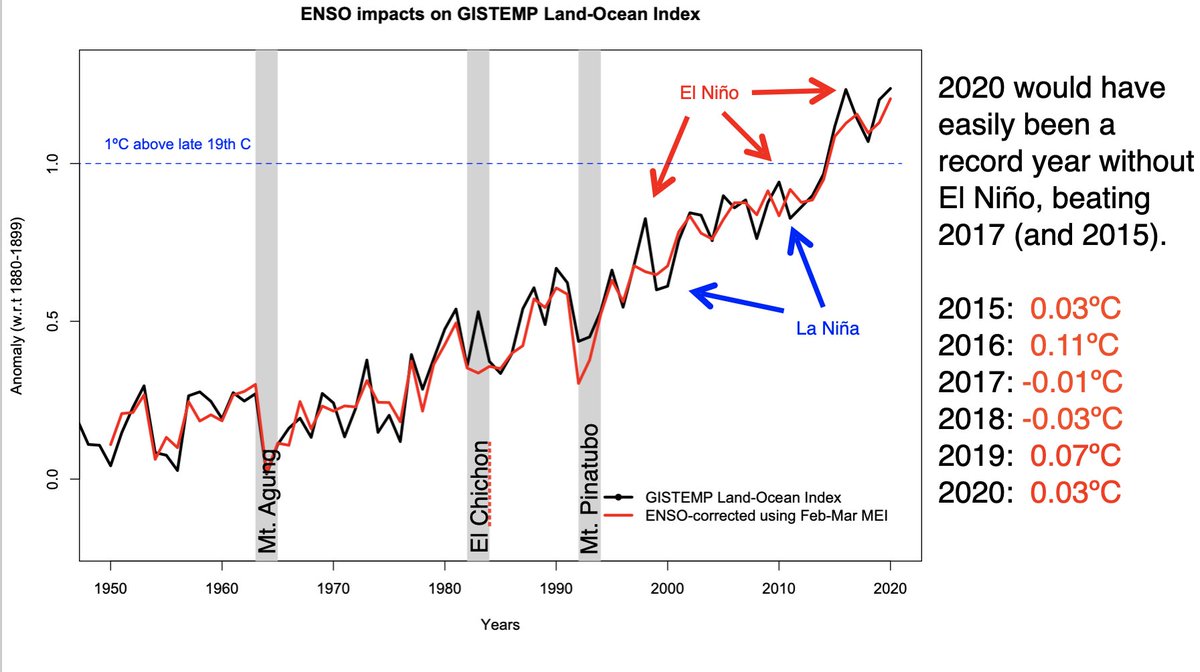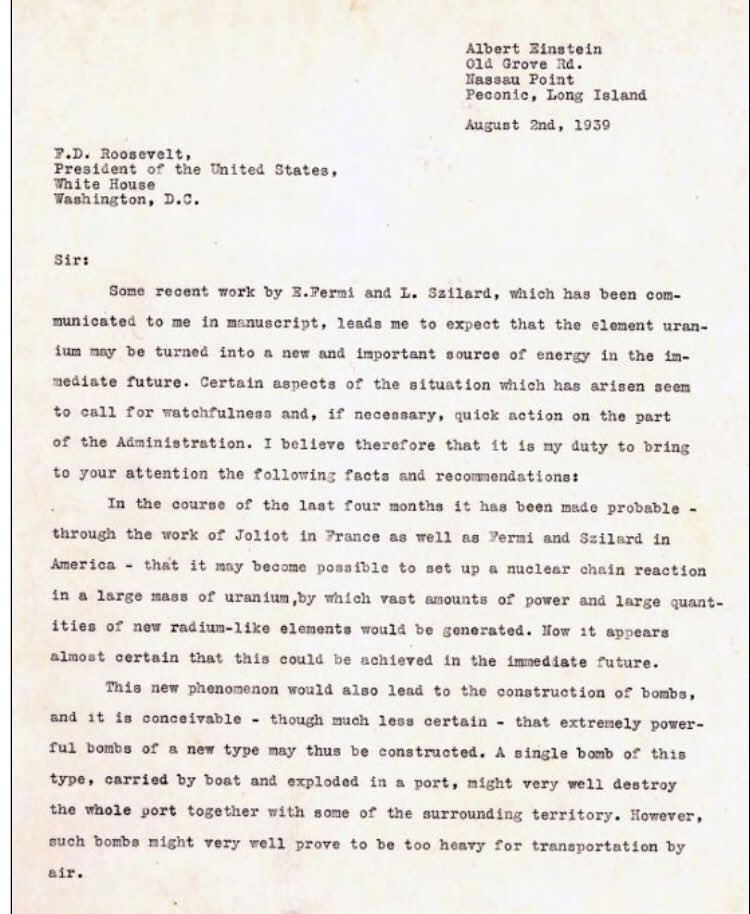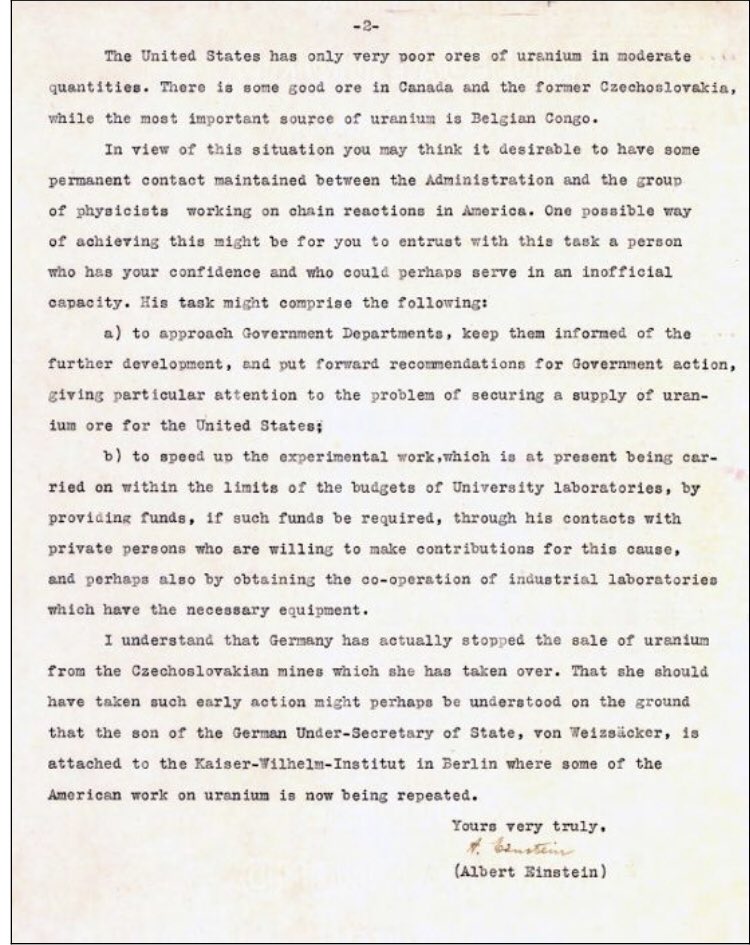
Way back in the mists of time (2009 or so), @mtobis made the following figure that encapsulated the tendency at that time for the media to assume the two poles in the climate 'debate' were the contrarian think tanks/lawyers and the IPCC. But... 

... things have changed. The think tanks have been thoroughly marginalized (Hi Marc and Steve!) and the poles of the debate are now the lukewarmers and the doomists, with the IPCC/mainstream position in the middle.
While it might be newly uncomfortable for mainstream scientists to now be dealing with misinformation from both sides (the pathologically optimistic & wide-eyed catastrophists), I'd argue this is actually a healthier debate to be having.
The Overton window has shifted again.
The Overton window has shifted again.
Some may recall earlier shifts that were not as informative... realclimate.org/index.php/arch…
• • •
Missing some Tweet in this thread? You can try to
force a refresh







